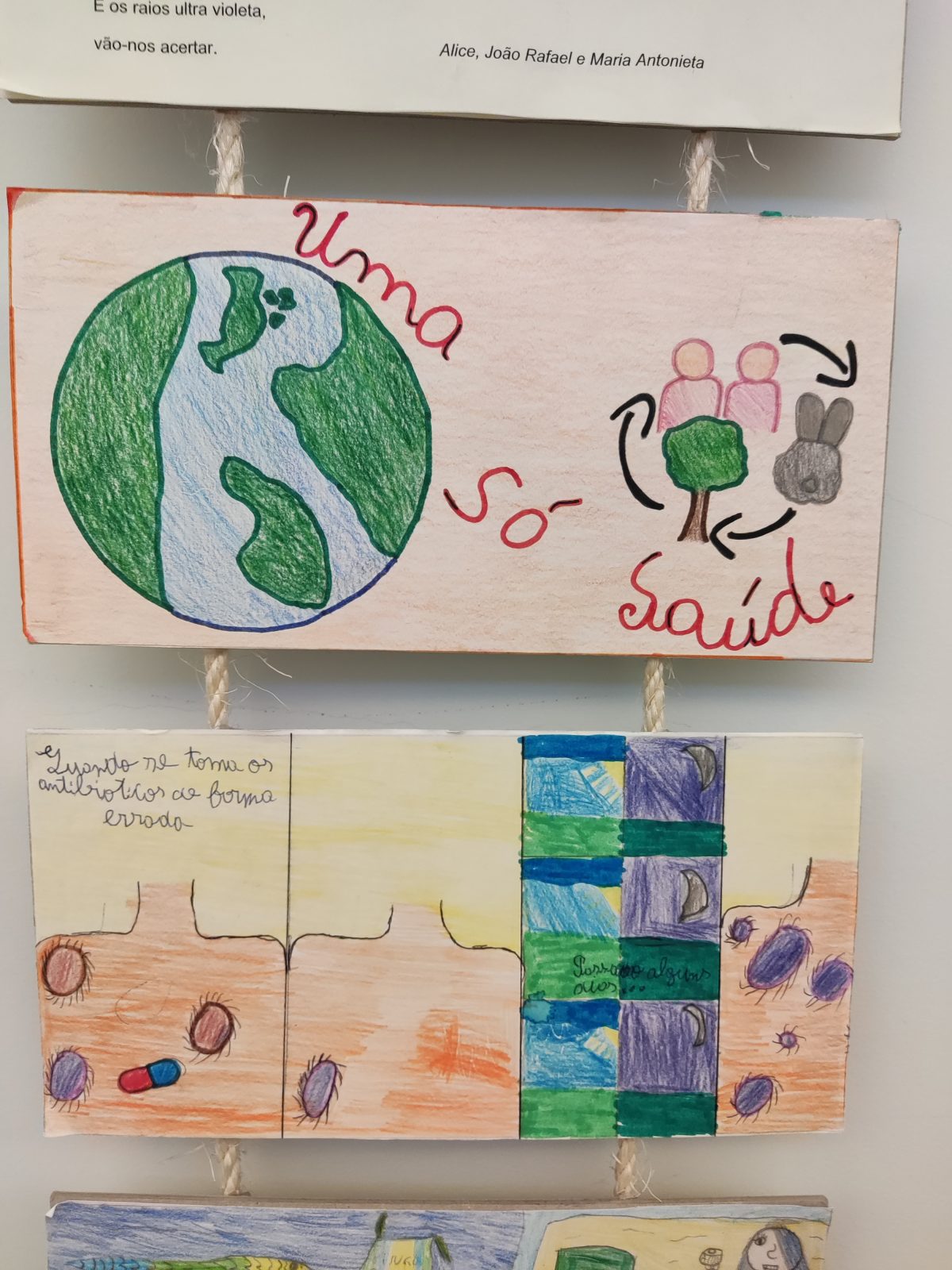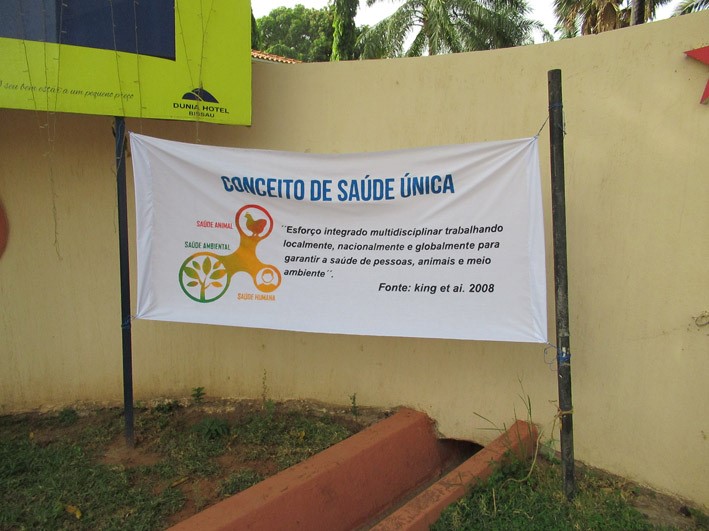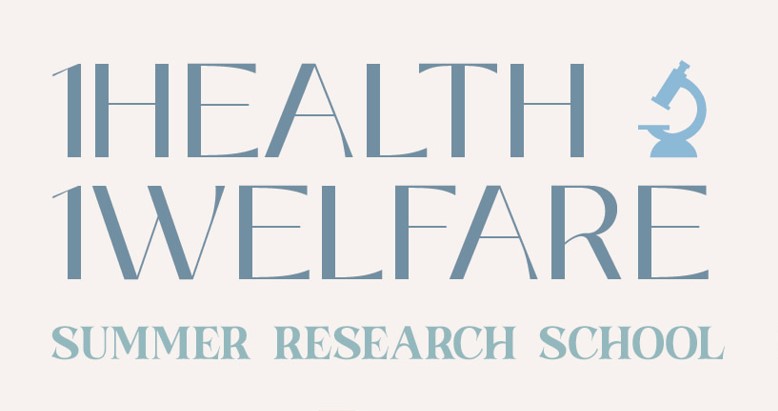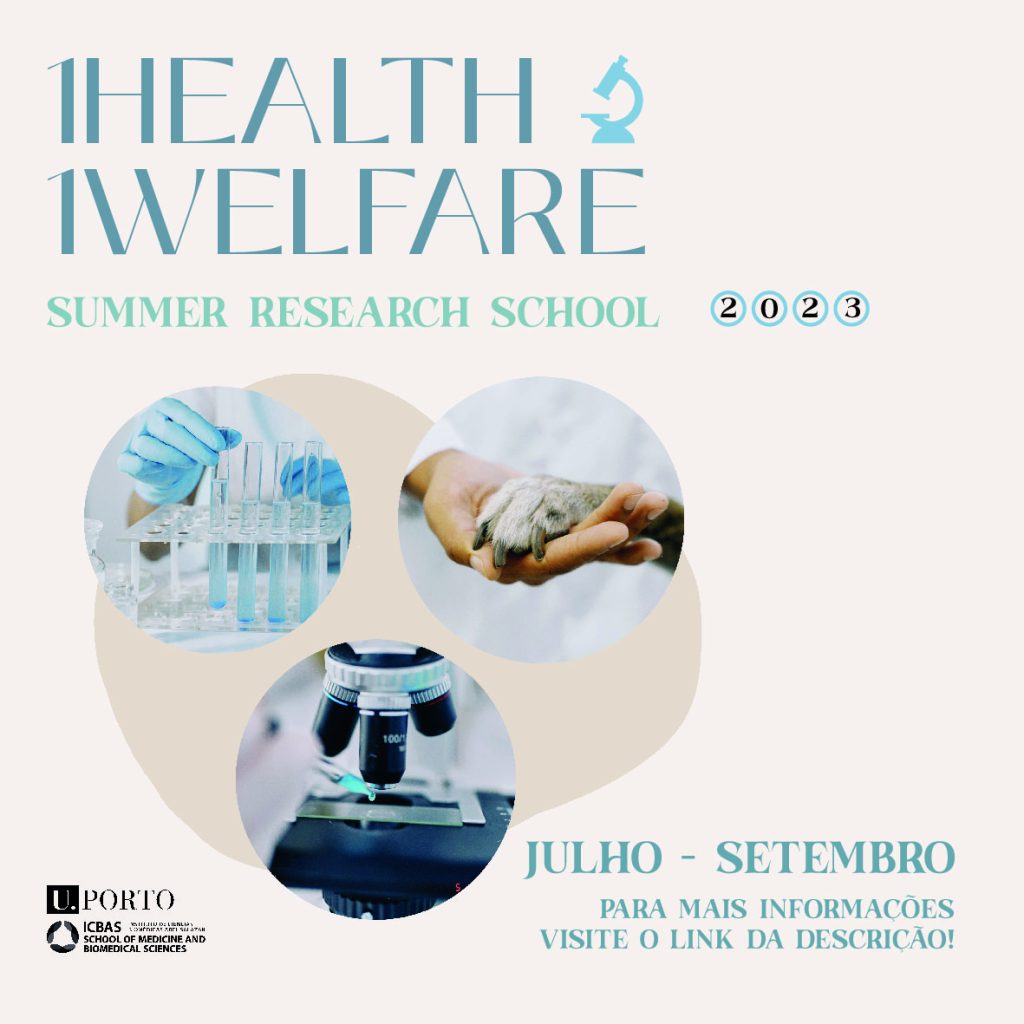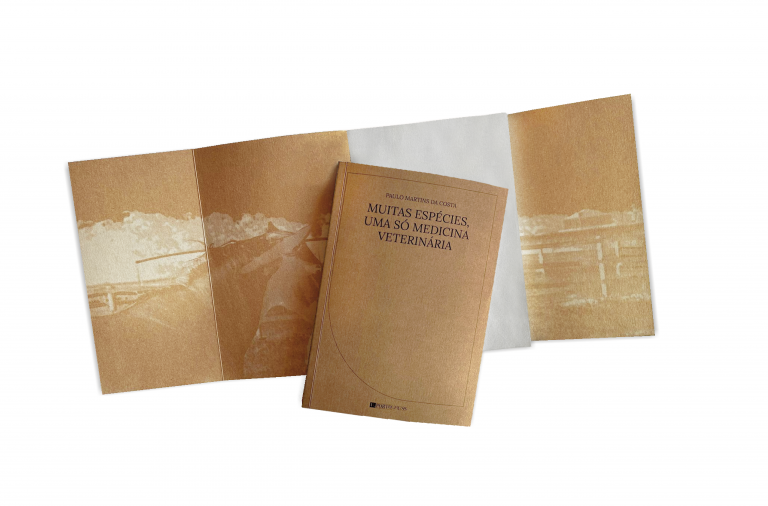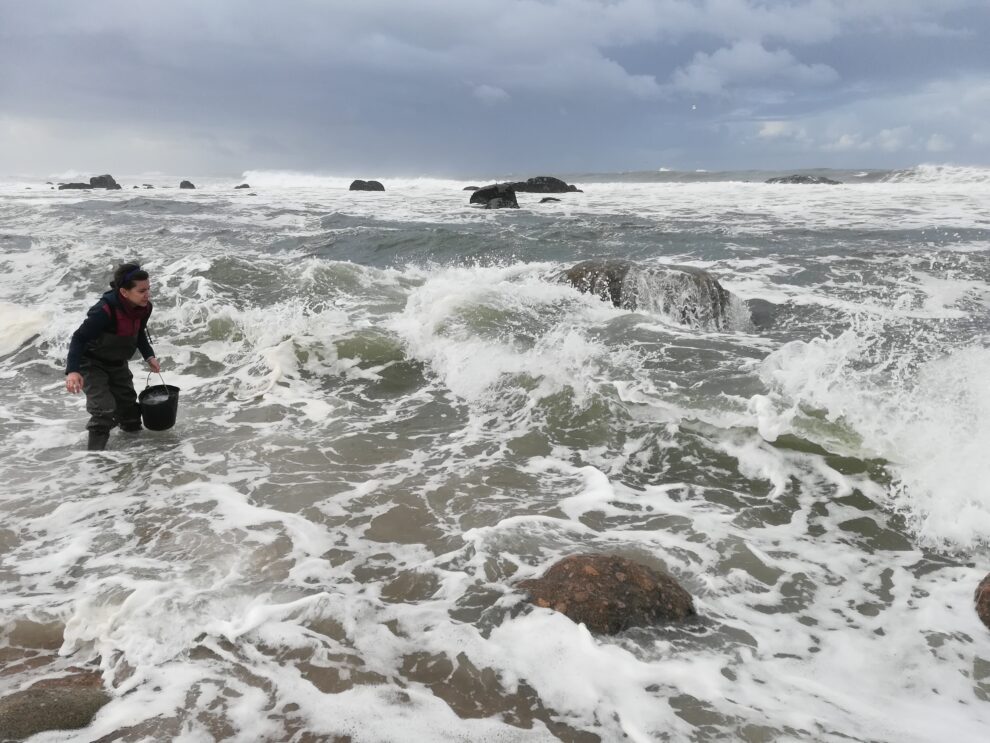By Adriano A. Bordalo e Sá, ICBAS
PORTO - The transdisciplinary One Health concept allows the understanding of complex health problems affecting humans, animals, plants, and the environment. Indeed, all these compartments are linked, and we must evolve from the perspective “humans first” to a holistic approach that all living organisms have a role in the Biosphere.
Africa is considered the poorest continent on Earth. Every second person living in sub-Saharan Africa lives below the poverty line, and the human health and veterinary services are, in most cases, basic. However, this is an opportunity to build bridges between people, animals, plants, and their environments. Currently, about 60% of the population is rural, were the connectivity is higher. In several parts of the continent, children and livestock vaccination occurs simultaneously, febrile patients are now screened for brucellosis along with malaria and typhoid fever, in cooperation with veterinary labs, in many cattle prone areas.
The emergence of novel infectious diseases as well as the re-emergence of others, many of them having animals as reservoirs or vectors, will probably increase in the near future. The advance of the Sahel towards the South, the change of the agroecological environment including the loss of forests, armed conflicts, the migration of humans towards the cites where water, sanitation, and food security is not granted, decreases the health status of entire populations. Indeed, cholera, measles, viral hemorrhagic diseases, malaria, and meningitis top the list of epidemics, exposing further the vulnerability of local health systems.
Africa endorsed One Health as a tool towards disease surveillance, prevention, control, and epidemic readiness to tackle disease. Despite all notorious advancements in recent years, gaps are still omnipresent, dealing with a lack of African funding, poor decision maker awareness, inadequate human and material resources, and general public understanding. Nevertheless, the One Health is the right path to tackle the health issues distressing the Biosphere, humans included.
One Health concept conference in Bissau, West Africa, May 2022.
Credits. Adriano A. Bordalo e Sá.


